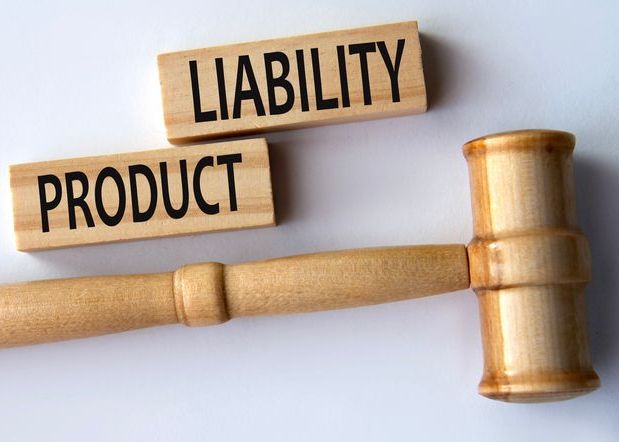Like our fellow Texans, our Marshall personal injury attorneys at the Carlile Law Firm, LLP are consumers who expect their products to be safe, reliable, and defect-free.
Unfortunately, defective products can cause serious injuries, illnesses, or even fatalities. In Texas, product liability laws are designed to protect consumers from these dangers and hold manufacturers, distributors, and retailers accountable when products fail.
If a faulty product has injured you, understanding Texas product liability laws is critical to knowing your rights and seeking compensation. Here, our Harrison County lawyers explain.
What is Product Liability?
Product liability is the legal responsibility of manufacturers, suppliers, and sellers to ensure that their products are safe for consumer use. In Texas, product liability laws allow consumers to pursue legal claims when defective products harm them. These laws cover various products, including medical devices, pharmaceuticals, consumer goods, toys, appliances, vehicles, and more.
The Three Types of Product Defects in Texas
Product liability cases typically involve one of three types of defects.
They include:
- Design Defects
A design defect occurs when a product’s inherent design makes it dangerous. This means that even if the product is manufactured correctly, it is still unsafe for its intended use. For example, a car model with a top-heavy design prone to rollovers could be considered to have a design defect. To prove a design defect in Texas, the consumer must show that there was a safer alternative design that would have reduced or prevented the risk of harm.
- Manufacturing Defects
Manufacturing defects occur when an error in the production process makes the product unsafe. These defects typically affect a limited number of items within a batch. For instance, if a batch of medications is contaminated during production, it would be considered a manufacturing defect. The injured consumer must demonstrate that the defect occurred during manufacturing and directly caused the injury.
- Marketing Defects (Failure to Warn)
Marketing defects, also known as “failure to warn,” happen when a product does not include adequate warnings or instructions about potential risks. This defect can involve medications that fail to warn consumers about side effects or power tools that lack safety instructions. In Texas, manufacturers and sellers must provide clear warnings and instructions to inform consumers of potential hazards associated with using the product as intended.
How to Prove a Product Liability Claim in Texas
Texas product liability laws require the injured party to establish certain elements to succeed in a claim.
They include:
- Establishing the Product Was Defective: The injured consumer must show that the product had a design, manufacturing, or marketing defect that made it unreasonably dangerous.
- Demonstrating Causation: The defect must be directly linked to the consumer’s injury or harm. In other words, the product’s defective nature must have been a substantial factor in causing the injury.
- Showing the Product Was Used as Intended: The consumer must have been using the product in a manner that was intended or reasonably foreseeable. If the product was misused in an unforeseeable way, the manufacturer or seller may not be liable for resulting injuries.
Who Can Be Held Liable in a Texas Product Liability Case?
Texas law allows consumers to pursue claims against various parties in the product’s distribution chain.
This can include:
- Manufacturers: The original creator of the defective product, whether based in Texas, the U.S., or internationally.
- Distributors: Companies that distribute the product from the manufacturer to retailers.
- Retailers: Stores or online sellers that sell the defective product to consumers.
- Wholesalers: Businesses that act as intermediaries between manufacturers and retailers.
Depending on where the defect occurred, each of these parties can be held accountable. For example, the manufacturer is primarily responsible if a product is designed defectively. If the defect occurred during distribution, the distributor may be liable.
The Role of Strict Liability in Texas Product Liability Cases
Texas follows a strict liability standard for product liability cases. This means that an injured consumer does not need to prove that the manufacturer or seller was negligent; they only need to prove that the product was defective and that the defect caused the injury.
Strict liability allows consumers to pursue compensation even if the manufacturer or seller did not intentionally cause the defect. This approach protects consumers by burdening manufacturers and sellers with the responsibility to ensure their products are safe before reaching the market.
In Texas, with limited exceptions, the statute of limitations for product liability claims is two years from the date of injury. This means that injured consumers must file a lawsuit within two years of the date the defective product harmed them. Failing to file within this time frame can result in losing the right to seek compensation.
Contact Our Personal Injury Attorney at Carlile Law Firm Today
If you or someone you love has been injured or tragically lost their life because of a defective product’s use, contact our experienced Harrison County personal injury attorneys today to discuss your case with trusted Marshall, Texas community members during a free consultation.









